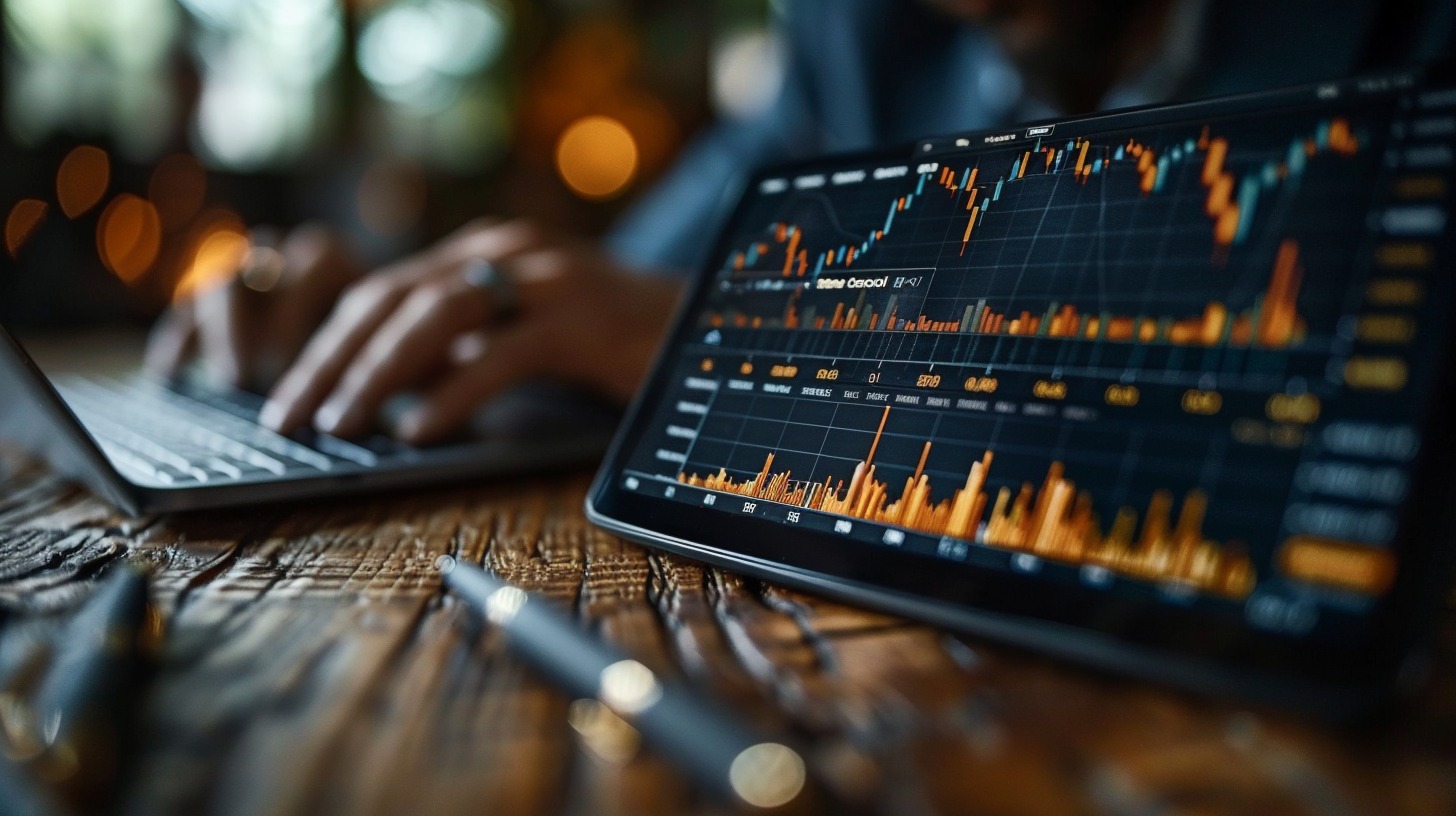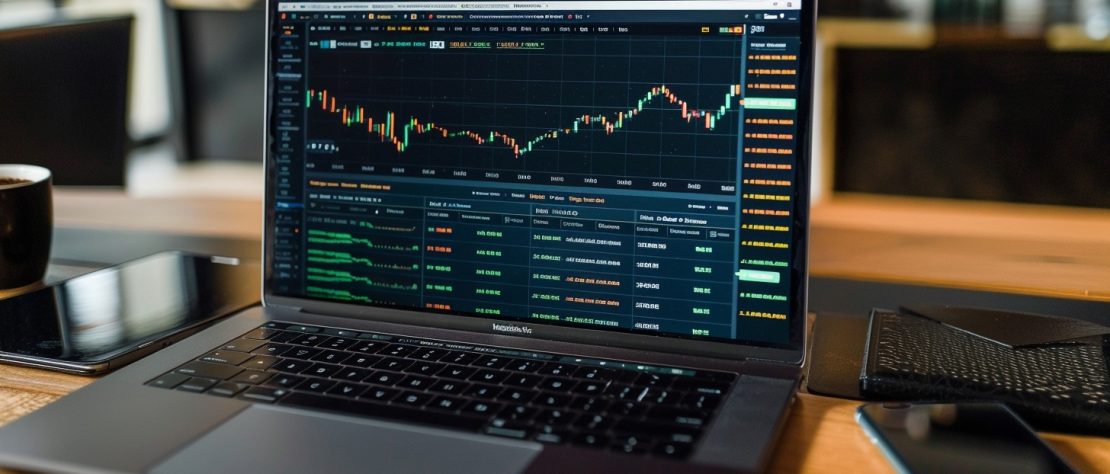Proprietary trading, or “prop trading,” occurs when a financial firm or commercial bank invests for direct market gains rather than earning commission fees by trading on behalf of clients. In this approach, the firm aims to profit from market activities rather than relying on the thin-margin commissions from client trades. Proprietary trading can involve the buying and selling of stocks, bonds, items, currencies, or other financial instruments.
Financial institutions engaged in proprietary trading believe they possess a competitive edge that enables them to achieve annual returns surpassing those of index investing, bond yield appreciation, or other investment strategies.
Definition of a Funded Trader
If you have been wondering what is a funded trader is, it is a person who participates in a funded trading program offered by a proprietary trading company. These traders receive capital from the firm to execute trades in the financial markets. In exchange, they earn a share of the profits generated from their trading activities in accordance with the program’s terms and conditions.
How Does Proprietary Trading Work?
Proprietary trading, commonly known as “prop trading,” involves a trading desk at a financial organization, brokerage firm, investment bank, hedge fund, or other liquidity source using the firm’s capital and balance sheet for self-promoting financial transactions. These trades are typically speculative and are executed through various derivatives or other complex investment vehicles.
Benefits of Proprietary Trading
Proprietary trading offers numerous advantages to financial institutions and commercial banks, most notably higher quarterly and annual profits. Unlike when a brokerage firm or investment bank trades on behalf of clients and earns revenue through commissions and fees—which often represent a small percentage of the total investments or gains—proprietary trading allows an institution to capture 100% of the profits from its investments.
Another important benefit is the power to build an inventory of securities. This inventory serves two primary purposes. Firstly, it provides the institution with a speculative advantage, enabling it to offer unexpected benefits to clients. Secondly, it equips the institution to better navigate down illiquid markets, where buying or selling securities becomes more challenging.
Lastly, proprietary trading enhances the institution’s role as a market maker by providing liquidity for specific securities or groups of securities, thus amplifying its influence in the market.
For those interested in proprietary trading, exploring the best funded prop firms can offer significant opportunities and resources to maximize trading potential.

An Example of a Proprietary Trading Desk
For proprietary trading to be effective while considering the institution’s clients, the proprietary trading desk is typically segregated from other trading desks. This desk generates a portion of the financial institution’s revenues independently of client-related activities, operating autonomously.
Additionally, proprietary trading desks can serve as market makers. This happens when a client wishes to sell a large quantity of a single security or a highly illiquid security. Given the limited number of buyers or sellers for such trades, the proprietary trading desk steps in as the buyer or seller, facilitating the opposite side of the client trade.
How Does Proprietary Trading Work?
Proprietary trading happens when a financial institution uses its own capital, rather than client funds, to trade financial instruments. This approach allows the firm to retain all profits from the investments, potentially providing a substantial boost to its earnings. Proprietary trading desks are typically segregated from client-focused trading areas to maintain autonomy and ensure the institution acts in its clients’ best interests.
Why Do Firms Engage in Proprietary Trading?
Financial institutions engage in proprietary trading to capitalize on perceived competitive advantages and maximize profits. By using the firm’s own capital rather than client funds, prop traders can assume higher levels of risk without client accountability.
Can Banks Engage in Proprietary Trading?
The Volcker Rule, enacted in response to the 2007-2008 financial crisis, restricts large pots from using their own accounts for short-term proprietary trading of protection, derivatives, commodity futures, and related options. This rule aims to protect customers by preventing banks from undertaking speculative investments that contributed to the Great Recession.

